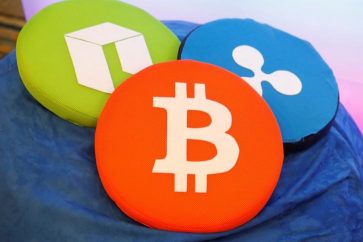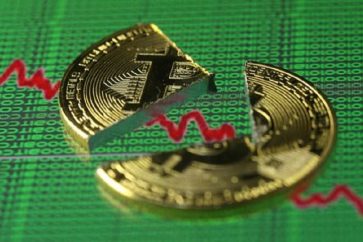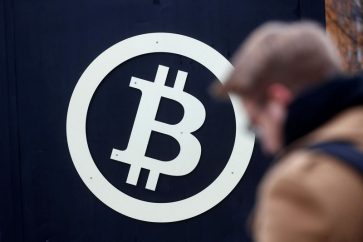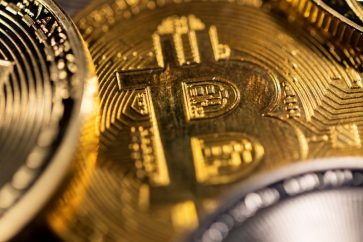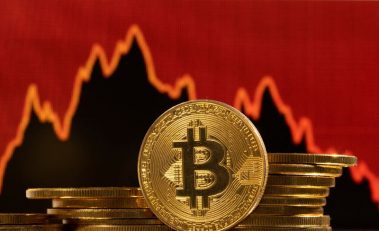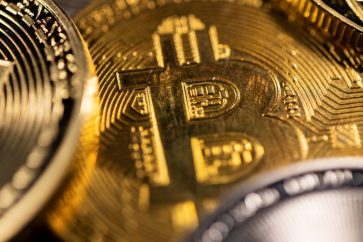A federal appeals court has revived a lawsuit against Binance, the world’s largest cryptocurrency exchange, where investors accused the platform of violating U.S. securities laws by selling unregistered tokens that later lost much of their value. In a 3-0 decision, the 2nd U.S. Circuit Court of Appeals in Manhattan stated that investors in the proposed class action had plausible claims that domestic securities laws applied because their token purchases became irrevocable in the United States once payment was made.
Circuit Judge Alison Nathan emphasized that Binance’s use of domestic Amazon (NASDAQ:AMZN) computer servers to host its platform supported this outcome, particularly given Binance’s stance of denying the applicability of other countries’ securities regulation regimes.
The appeals court also ruled that investors could pursue claims arising from purchases made within the year before filing the lawsuit. This decision overturned a March 2022 ruling by U.S. District Judge Andrew Carter in Manhattan, sending the case back to him.
The lawsuit involves investors who purchased seven tokens – ELF, EOS, FUN, ICX, OMG, QSP, and TRX – through Binance in 2017, which later experienced significant value declines. The investors claimed that Binance failed to adequately warn them about the tokens’ risks and sought to recover their payments.
Binance had argued that U.S. securities laws did not apply as its exchange was located outside the country, referencing the 2010 U.S. Supreme Court decision, Morrison v National Australia Bank (OTC:NABZY), which limited the extraterritorial reach of domestic securities laws.
This case is distinct from Binance’s recent guilty plea and over $4.3 billion penalty for violating federal anti-money laundering and sanctions laws. Binance founder Changpeng Zhao pleaded guilty to related money laundering violations and stepped down as CEO. His sentencing is scheduled for April 30.
The case is Lee et al v Binance et al, 2nd U.S. Circuit Court of Appeals, No. U.S. District Court, Southern District of New York, No. 22-972.



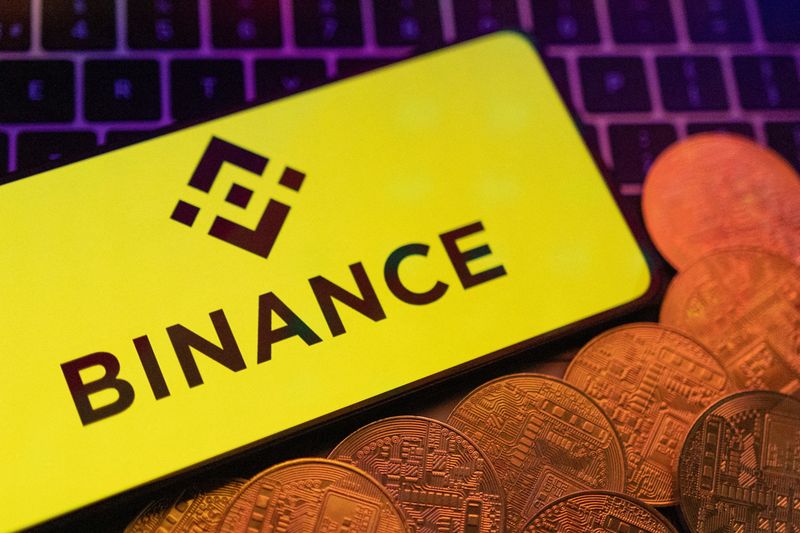
 By:
By:
